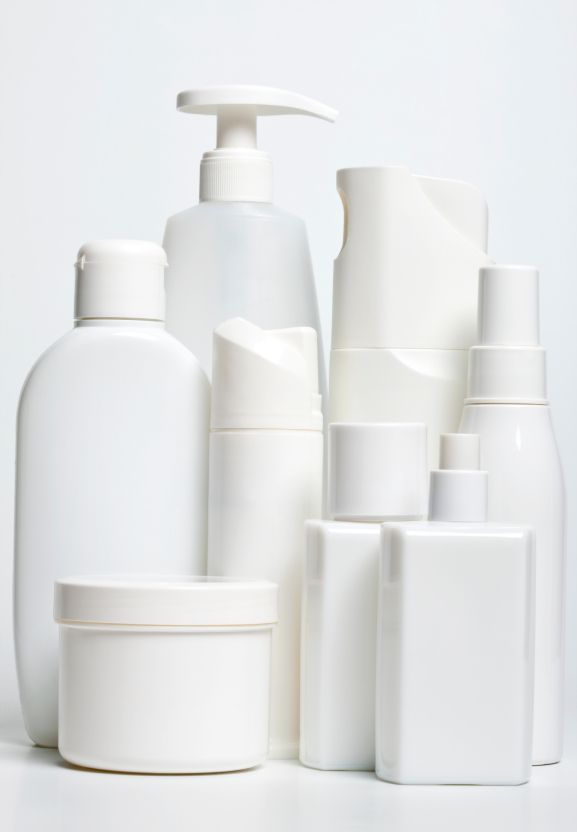A single bottle of hair loss shampoo sitting in the corner of a bathroom contains more than one might think. It’s not merely a cleanser; it is a symbol of hope, condensed with the anxious anticipation of “what if” and the desperate plea of “please.” Every day, as we wash our hair, we try to rinse away our anxieties with the lather, envisioning a fuller-haired future. But why is it that after this earnest ritual ends, the hope sometimes feels as empty as a drained bathtub? The reason is that we fundamentally misunderstand the role of shampoo.
Commercially available hair loss shampoos are legally classified as “functional cosmetics,” not “pharmaceutical drugs.” This clear distinction speaks to the product’s true nature. The role of a shampoo is not to fight the root causes of hair loss, like genetics or hormones, but rather to act as a “farmer” who cultivates the “field” of the scalp, keeping it clean and healthy. Exfoliating old skin cells with salicylic acid and moisturizing a dry scalp with dexpanthenol are undoubtedly excellent field management. However, no matter how well you till the land, you can never expect a bountiful harvest if the seeds themselves (the hair follicles) are unhealthy.
Furthermore, the time a shampoo stays on the scalp is extremely short. It is physically next to impossible for even the best ingredients to penetrate the skin barrier and reach deep into the hair follicle to induce a biological change within a rinse time of one or two minutes. This is akin to expecting a deep relationship from a fleeting encounter. We must acknowledge the physical time limit that shampoo possesses.

The biggest problem is that exaggerated advertisements, which conceal these limits, obscure our judgment. “Miraculous testimonials” and dazzling imagery plant the illusion that a single bottle of shampoo can solve everything. This illusion is dangerous not just because it wastes money, but because it steals something far more valuable: time. Hair loss is a condition with a much better prognosis when medical intervention occurs early. There is nothing more regrettable than missing the “golden time” for treatment while waiting and trusting only in the effects of a shampoo.
It is time for us to withdraw our excessive expectations and redefine the role of shampoo. Hair loss shampoo is not the protagonist of this story; it is an excellent supporting actor that allows the real hero—”medical treatment”—to shine. Its true and best role is to help treatments be absorbed more effectively by keeping the scalp clean and to create the optimal environment for healthy hair to grow. Real change begins not by blindly trusting the hopeful lather in a shampoo bottle, but by planting our feet firmly in reality and consulting with a specialist.



